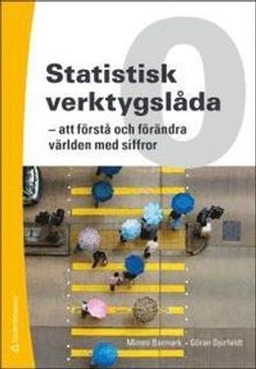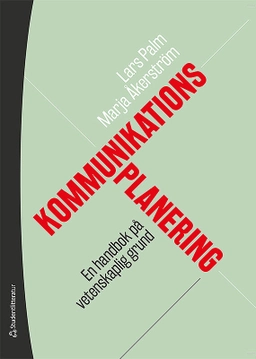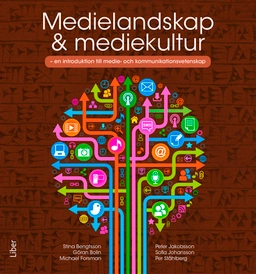We live in a world in which Google's search algorithms determine how we access information, Facebook's News Feed algorithms shape how we socialize, and Netflix collaborative filtering algorithms choose the media products we consume. As such, we live algorithmic lives. Life, however, is not blindly controlled or determined by algorithms. Nor are we simply victims of an ever-expanding artificial intelligence. Rather than looking at how technologies shape or are shaped by political institutions, this book is concerned with the ways in which informational infrastructure may be considered political in its capacity to shape social and cultural life. It looks specifically at the conditions of algorithmic life -- how algorithms work, both materially and discursively, to create the conditions for sociality and connectivity. The book argues that the most important aspect of algorithms is not what they are in terms of their specific technical details but rather how they become part of social practices and how different people enlist them as powerful brokers of information, communication and society. If we truly want to engage with the promises of automation and predictive analytics entailed by the promises of "big data", we also need to understand the contours of algorithmic life that condition such practices. Setting out to explore both the specific uses of algorithms and the cultural forms they generate, this book offers a novel understanding of the power and politics of algorithmic life as grounded in case studies that explore the material-discursive dimensions of software.
Åtkomstkoder och digitalt tilläggsmaterial garanteras inte med begagnade böcker





















